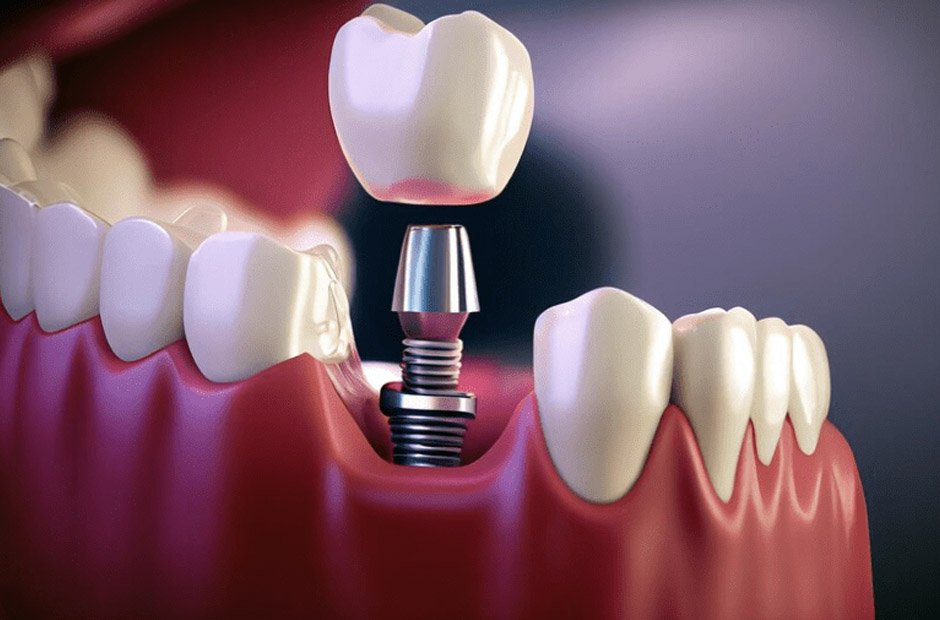Key Takeaways
- Jawbone health has a direct impact on the success and longevity of dental implants and other tooth replacement options.
- Bone loss occurs when missing teeth are not replaced, potentially making implants more difficult without pre-treatment.
- Advances in imaging and grafting have expanded treatment options for patients with significant bone deterioration.
- Consistent oral hygiene, nutrition, and preventive dental care play essential roles in maintaining jawbone health.
The Role of Jawbone Health in Tooth Replacement
Jawbone health plays a vital role in successful tooth replacement, as the bone provides the foundation that supports artificial teeth. When a tooth is lost, the surrounding bone can begin to deteriorate due to a lack of stimulation, which may lead to changes in facial structure and difficulties with future dental restorations. Maintaining healthy bone density ensures that replacement options remain stable and long-lasting.
For individuals considering comprehensive restorative options, procedures like full mouth dental implants Thayer MO offer both functional and structural benefits. These implants not only replace missing teeth but also help preserve jawbone integrity by mimicking natural tooth roots. A strong, healthy jawbone enhances the success and comfort of dental implants, supporting both oral health and overall well-being.
The Impact of Tooth Loss on Jawbone Structure
Missing teeth set off a biological process called bone resorption. Without tooth roots to stimulate the bone, the body begins to break down and absorb bone tissue, causing the jaw in that area to shrink. This ongoing deterioration can destabilize neighboring teeth, affect your ability to chew comfortably, and ultimately necessitate more complex dental interventions.
Dental Implants and Jawbone Stimulation
Dental implants are distinct because they connect directly with the jawbone. Constructed from biocompatible titanium, they bond through osseointegration, a process similar to that of natural tooth roots, and help prevent bone loss by providing stimulation. When chewing, they distribute forces evenly, promoting bone regeneration. This bond is vital for stability and aesthetic appeal. Research indicates that implants significantly reduce jawbone resorption compared to dentures or bridges, which do not provide direct bone stimulation.
Navigating Bone Loss: Challenges and Solutions
When excessive bone loss occurs, dental implants may not be immediately feasible; however, modern dentistry offers alternative solutions. Bone grafting, whether using natural or synthetic materials, helps reconstruct the jawbone for secure implant placement. Sinus lift surgeries increase the volume of the upper jaw. These treatments broaden options for patients experiencing long-term tooth loss. Rebuilding bone supports tooth replacement and benefits both oral and overall health.
Strategies for Preserving and Restoring Jawbone Health
Preserving jawbone health begins with replacing missing teeth as soon as possible. Regular dental check-ups help monitor bone levels and catch problems early. Dietary choices that emphasize calcium, vitamin D, and phosphorus support bone density, while lifestyle factors, such as avoiding tobacco, significantly reduce the risk of bone deterioration. Preventive care and minimally invasive extraction techniques help limit bone loss during tooth removal.
Maintaining Jawbone and Oral Health for Life
Maintaining a healthy jawbone is an ongoing commitment. Daily brushing and flossing, routine professional cleanings, and addressing concerns such as tooth grinding or gum disease each play a critical role. When jawbone resorption is identified early, targeted interventions can help curb its progression, preserving natural tooth function and preventing the need for complex restorative work in the future. For more preventive care recommendations, consult reputable resources such as the Centers for Disease Control and Prevention’s oral health guidelines.
Conclusion
Your jawbone health is a crucial factor in the long-term success of tooth replacement treatments, such as dental implants. By understanding the vital connection between teeth and bone, seeking timely professional evaluations, and making informed choices about oral care, you can lay the groundwork for a strong, stable smile that lasts a lifetime.



